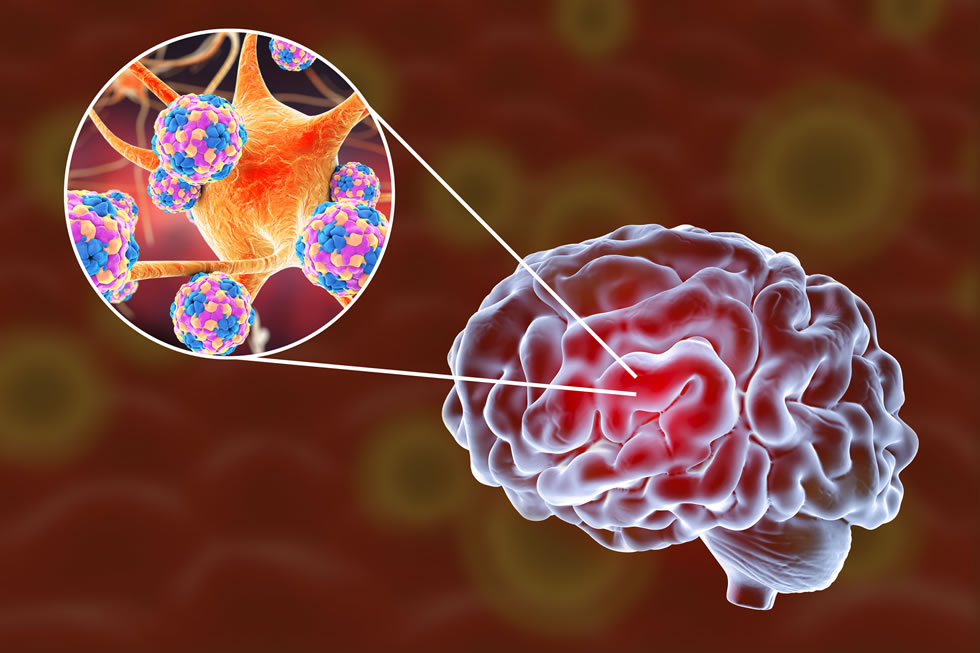For people at risk of developing encephalitis caused by brain-eating amoeba, mortality rates are high as infections from the illness, and lack of efficient treatments, contribute to the drastic rates. In a new study, however, researchers tested the use of quinazolinones and uncovered promising results.
As published in the journal ACS Chemical Neuroscience, a team of Middle Eastern researchers studied two types of amoeba: Naegleria fowleri and Balamuthia mandrillaris. Both can induce primary amoebic meningoencephalitis and granulomatous amoebic encephalitis, which exacerbate the mortality rate among those affected.
Although antimicrobials at high doses are said to invoke efficiency toward affected people, toxicity is highly evident, and therefore, researchers turned their attention to quinazolinones, known to contain antiamoebic, anticonvulsant, anti-inflammatory, and even anti-HIV properties.
Quinazolinones can combat pathogens associated with brain-eating amoeba contracted from water or soil that enters the body, travels through the central nervous system and destroys brain cells. The study is the first to test the compounds against brain-eating amoeba.
According to the findings, researchers found quinazolinones to be efficient toward the harmful protist pathogens, demostrating considerable antiamoebic effects.
“Quinazolinones and their derivatives possess a wide spectrum of biological properties, but their antiamoebic effects against brain-eating amoebae have never been tested before,” researchers stated. “In this study, we synthesized a variety of 34 novel arylquinazolinones derivatives by altering both quinazolinone core and aryl substituents.”
“The current study suggests that quinazolinones alone as well as conjugated with silver nanoparticles may serve as potent therapeutics against brain-eating amoeba.”
With promising results by the team, future studies using quinazolinones as possible candidates for drug development against brain-eating amoeba would be the new direction for establishing effective treatment options and lowering the high mortality rates.


